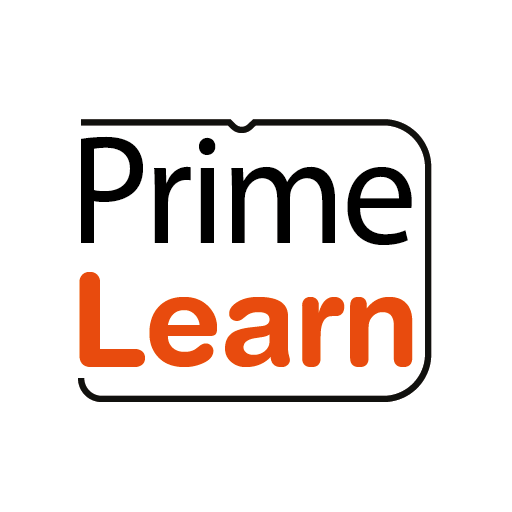Many times, we walk into a classroom to teach the English Language and hear the word "vocabulary" being tossed around; lists of words, meanings, maybe even spelling drills. But have you ever really stopped to ask why vocabulary is taught in the first place?
Twelve years ago, I didn’t have that answer. I had won myself a teaching opportunity in one of the private schools in my village. This was a dream come true. I was full of passion and eager to teach Primary Three learners English Language. But with time, I found myself deeply frustrated.
The textbooks I was given were low on content; the bare minimum in grammar, comprehension, and composition. Even more concerning, the vocabulary provided in each theme was extremely limited. At first, I went along with it. I was new, hopeful, and assumed guidance would come from the more experienced teachers. But it didn’t.
After several lessons I started to feel like I was not being fair to my learners. Providing them with so little when they really deserved a lot more. My guilt grew when exam results came in. They failed questions that seemed simple. Why? Because the vocabulary we had covered didn’t equip them to understand, let alone answer, what was being asked.
That's when I realized that vocabulary is more rather than just a part of the lesson. It is the basis of the English language. If learners don't have this skill they can't create strong sentences, share their thoughts in writing or understand what they read. Everything falls apart.
Determined to change this, I reached out to like-minded teachers. Together, we began developing better ways to teach vocabulary. Incorporated approaches that made learners think, speak, write, and truly use the words.
- We started small:
- Building from what learners already knew
- Using dictionaries to explore related and advanced words
- Asking them to create their own sentences and short stories
- Encouraging them to connect vocabulary with their daily lives
The change was clear. Learners started loving English. They became confident, expressive, and eager to read and write.
So next time you hear someone teach vocabulary, don’t take it lightly. That’s not merely a list of words it’s the gateway to all of English.









0 Comments:
Leave a Comment